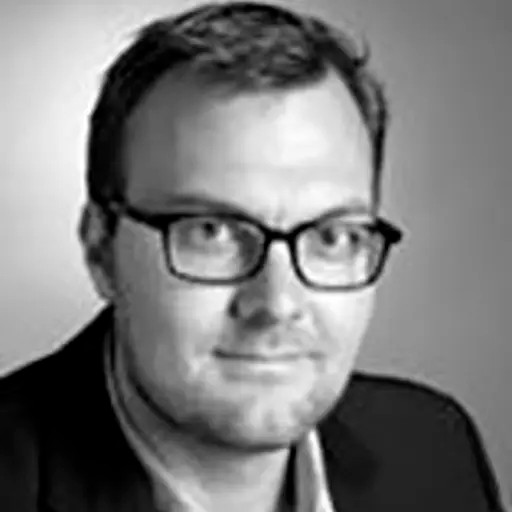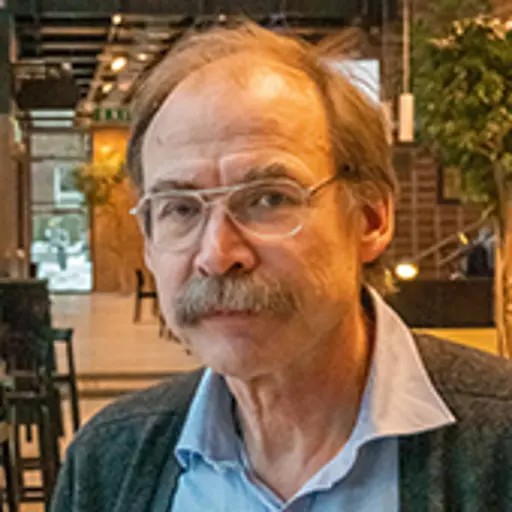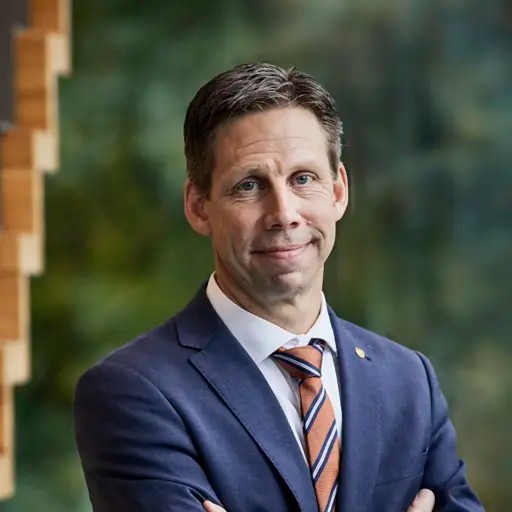The Royal Swedish Academy of Engineering presented its 100 list 2020. 94 research projects that especially contribute to sustainable growth, have been nominated and selected among all Swedish educational institutions. Four of these are related to the Department of Chemistry and Chemical Engineering at Chalmers.
Research leaders for the selected projects are Kasper Moth-Poulsen (Professor Chemistry and Chemical Engineering), Hanna de la Motte (Project Manager at RISE and Visiting Researcher in Chemistry and Chemical Engineering) and Anders Palmqvist (Professor, Chemistry and Chemical Engineering and Vice President at Chalmers).
Further down in this article they comment on their projects, including how these projects contribute to the 100-list goals - research projects that contribute to sustainable growth and increase collaboration between research and companies in order to transform academic research into competitiveness. There are also the names of the projects and links to further information.
Nanocatalytic Systems - Scalable Production of Structured Nanoparticles
Research leader: Kasper Moth-Poulsen
Nanoparticles with special structure and shape have unique catalytic properties. In this project we have developed a scalable method for synthesizing structured nanoparticles that can be used in the future fuel cells and chemical industry.
Molecular Thermal Solar Energy System - New materials for energy efficient buildings
Research leader: Kasper Moth-Poulsen.
The molecular energy system is a molecule that absorbs the sun's light and transforms it into another molecule that stores the energy. It then releases the stored energy during parts of the day that the sun does not shine, for example evening and night. In this way, the temperature can be evened out in buildings and windows during a day, which gives an improved indoor climate and reduced energy consumption.
From textiles to dissolving pulp, again - Process solutions for textile recycling in the Swedish forest industry
Research leader: Hanna de la Motte (project manager at RISE) image creadit RISE, the group consists of Hans Theliander (professor, Chemistry and Chemical Engineering Chalmers) Harald Brelid, Anna Palme and Helena Claesson (Southern Innovation)
Read more about the project
In this research process solutions for recycling textile mixtures of cellulose and polyester that are compatible with the Swedish forest industry are developed. We need to become more circular in our material use. Our research benefits the business community by offering process solutions for recycling textiles, and with it a more sustainable management of textile residual waste.
The project started within the research program Mistra Future Fashion, first as a doctoral project at Chemistry and Chemical Engineering at Chalmers and then through degree projects and a postdoc project. The results of the work inspired Södra Innovation to develop its OnceMore (TM) process, which has demonstrated the recycling of 30 tonnes of mixed textiles, with the aim of a capacity of 25000 tonnes.
Celcibus - Precious metal-free fuel cell catalyst - Durable, cheap and enabling alternative to platinum.
Research leader: Anders Palmqvist.
Fuel cells are powered by hydrogen and can supplement batteries for the operation of electric vehicles and in other applications. We have developed a precious metal-free catalyst for fuel cells to replace the expensive and rare precious metal platinum on which today's fuel cells depend on. Estimations show that when the fuel cell vehicle market is picking up, almost half the cost of the fuel cell will be the cost of platinum. By completely excluding the precious metal from the catalytic converter, the potential for cost savings are huge. A well-functioning precious metal-free catalyst has the potential to accelerate the establishment of the hydrogen gas community and the conversion to a sustainable energy system.
The catalyst is patent protected in seven countries and the company Celcibus AB was established in 2019 for further development and commercialization. The goal is to offer the market a cheaper and more environmentally friendly fuel cell based on the catalyst. Through collaboration with three commercial international companies, we are now developing a first full-scale fuel cell stack prototype to demonstrate its performance in a real product. Celcibus participates in InnoEnergy's Highway program and is now planning for recruitment and establishment of capacity for development, testing and sales of the catalytic converter and for cooperation agreements with strategic partners. Globally, the fuel cell market is now developing rapidly, one of the challenges is to reach the international market.
For more information, contact:
- Full Professor, Applied Chemistry, Chemistry and Chemical Engineering
- Professor Emeritus, Chemical Engineering, Chemistry and Chemical Engineering
- Vice President, Research and sustainable development


